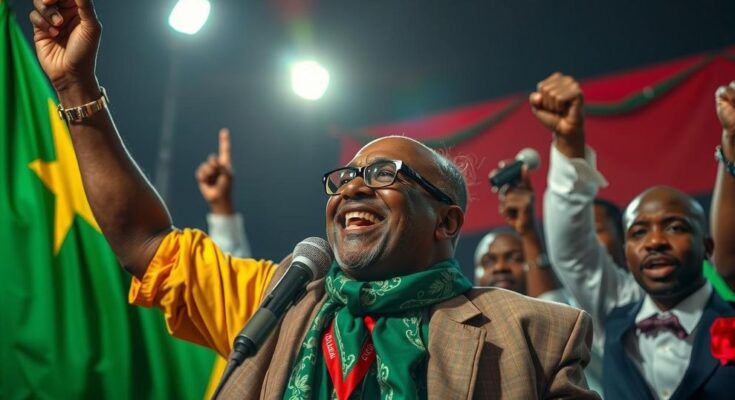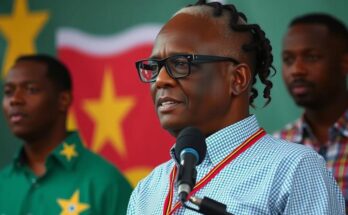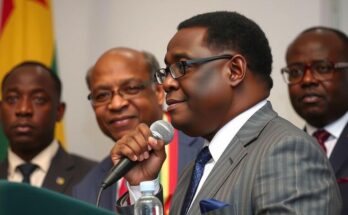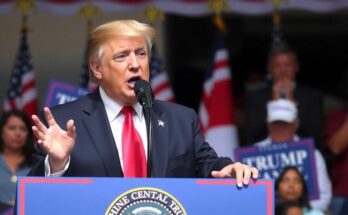Abdirahman Mohamed Abdullahi of the Waddani Party won Somaliland’s presidential election, securing over 50% of the vote. He defeated the ruling president, Muse Bihi Abdi of the Kulmiye Party, who received just above 30%. The election faced delays but reflects Somaliland’s stable political climate amidst ongoing challenges in Somalia.
In a significant political shift, Abdirahman Mohamed Abdullahi, the leader of the Waddani Party, emerged victorious in the recent Somaliland presidential election held on November 13, 2024. The Somaliland electoral commission reported that Mr. Abdullahi garnered over 50% of the votes, succeeding against President Muse Bihi Abdi of the ruling Kulmiye Party, who received slightly above 30%. This election was historic as it marked the culmination of a process delayed twice since 2022 due to financial constraints among other issues. Somaliland has maintained an autonomous governance structure since declaring independence from Somalia in 1991. Despite lacking international recognition, it has established a stable political environment, differing starkly from Somalia’s ongoing struggles with security and governance. Recent agreements with Ethiopia have sparked political tensions, as Somaliland seeks greater international engagement while Somalia accuses Ethiopia of infringing on its sovereignty. The election outcome reflects the citizens’ trust in Mr. Abdullahi’s vision for Somaliland, a region known for its relative peace and security in contrast to the broader Somali context. The victory of the opposition signifies a potential shift in policy and governance in a region poised for further developments on the international stage.
Somaliland is a self-declared republic that separated from Somalia in 1991 amid the latter’s civil war. Since then, it has developed its own governance, currency, and security frameworks, functioning independently despite its lack of international recognition. The region has been relatively stable compared to Somalia, which continues to face significant security challenges. Recently, Somaliland’s negotiations with Ethiopia to access trade routes have led to tensions with Somalia, impacting regional politics. The electoral landscape in Somaliland has been characterized by a robust multiparty system, showcasing the democratic aspirations of its populace. The recent presidential election was particularly noteworthy due to its delays, attributed to funding issues, highlighting the challenges faced in maintaining democratic processes within the region.
In conclusion, Abdirahman Mohamed Abdullahi’s victory in the Somaliland presidential election signifies a crucial moment in the region’s political landscape. The opposition’s success emphasizes the desire for change among the electorate and may influence future policies and relationships not only within Somaliland but also with neighboring Somalia and Ethiopia. This election represents a confidence in democratic processes despite the challenges Somaliland faces in gaining international recognition and navigating regional tensions.
Original Source: apnews.com




